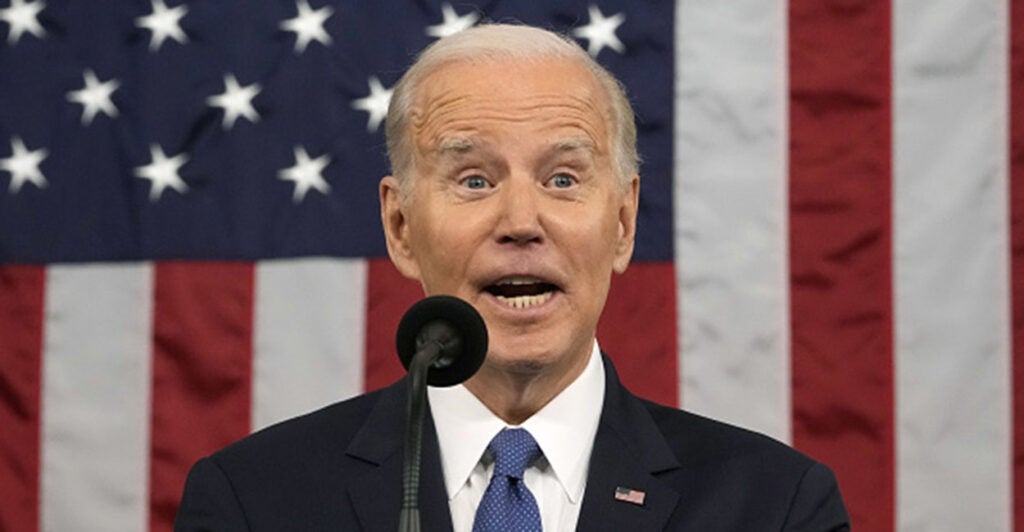President Joe Biden claimed that “12 years is not enough to win the economic competition for the 21st century” in his State of the Union address Tuesday night.
“If you want America to have the best-educated workforce, let’s finish the job by providing access to preschool for 3- and 4-year-olds,” Biden continued.
Although providing opportunities for early childhood education is beneficial for student retention and academic performance, governmental preschools, which the Biden administration has repeatedly endorsed, introduce more problems than solutions.
Biden’s “American Families Plan” includes paid leave, subsidized child care, two years of free community college, and universal preschool programs for the aforementioned 3- and 4-year-olds. In addition to the whopping $1.8 trillion price tag that Americans are asked to pay, governmental involvement in more American education programs is cause for concern—not celebration.
Since the founding of the Department of Education, academic performance has plummeted in the United States. Reading and math scores have dipped to record lows in the 21st century. There is no reason to suggest that governmental involvement in early childhood education would increase any academic achievement of American students.
Second, states creating a system for preschool education would be required to create a series of academic and behavioral standards to meet—none of which have consensus support in any psychological association. There is no standard anywhere on Earth (showing reproducible results) on which educators or psychologists have been able to agree for reading, math, social, or psychomotor skills that 3- or 4-year-olds could reach on a definable metric.
The newly founded Department of Early Childhood in Colorado is running into a bit of a crisis in defining these standards. This new bureaucratic swamp has been criticized as fraught with “confusing terminology, bureaucratic barriers, and uncertainty about [families’] rights.”
Finally, governmental preschool has proven an abysmal failure. Studies show that for most middle- and upper-income students, long-term benefits of preschool programs are trivial at best—not just academically but behaviorally. One study on a state-run program in Tennessee found that students who participated in the preschool program fared far worse emotionally and behaviorally than students who did not.
As Kerry McDonald of the Foundation for Economic Education points out, “If the federal government imposes universal preschool across the nation, there will be less experimentation, less accountability, fewer options, and no escape.”
Lowering taxes on American families and providing education savings account options so parents can choose to spend their money on opportunities that their kids need is a far better option than governmental intervention.
Have an opinion about this article? To sound off, please email letters@DailySignal.com and we’ll consider publishing your edited remarks in our regular “We Hear You” feature. Remember to include the url or headline of the article plus your name and town and/or state.
